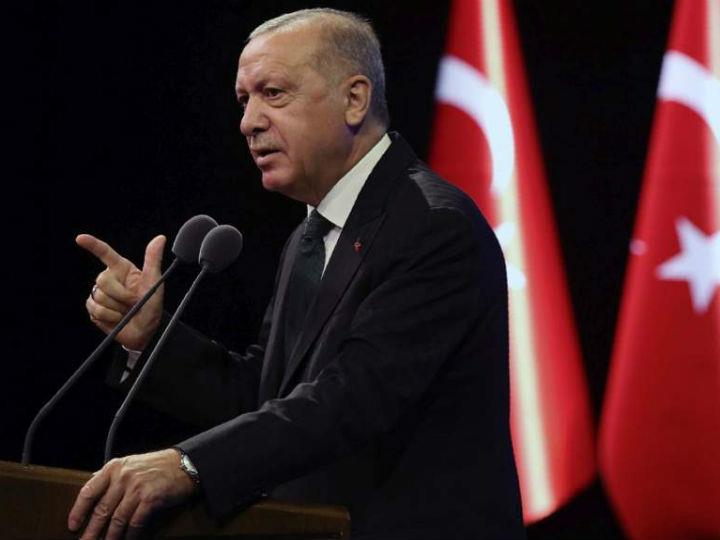by Georgi Gotev
At the 10-11 December EU summit, the main foreign policy intrigue is whether the member states will adopt sanctions against Recep Erdogan’s Turkey. But Germany and France are divided.
Just like Greece and Cyprus, France insists on sanctions, against the background of Turkish claims in the Eastern Mediterranean, its more assertive policy vis-a-vis Cyprus, meddling in the Nagorno-Karabakh conflict, and outright insults by Erdogan aimed directly at President Emmanuel Macron.
Macron, let’s not forget, also wants to appear as a strong leader internally, in view of the 2022 elections, where he will be challenged by the nativist right-wingers of Marine Le Pen’s National Rally.
Also, France supports Greece in its problems with Turkey much more strongly than Germany does.
Germany is much more careful, and understandably so.
The country is vulnerable in case Erdogan decides to abandon the 2016 EU-Turkey agreement to stop migrants crossing from the Turkish shores to the nearby Greek islands. Instead of sanctions, Berlin prefers to “keep the flexibility to transform and bring Turkey back into the family of peaceful nations”.
Germany is home to three million Turks, whose ancestors were invited as ‘guest workers’ during the economic boom of the 1960s. Some 1.5 million Germans have Turkish citizenship. France has a big Armenian diaspora, and that’s also part of the explanation why it’s so suspicious of Turkey’s role in Nagorno-Karabakh.
However, the summit is not about imagining a better future without President Erdogan. EU summits, in general, are about taking decisions by demonstrating the unity of EU countries on important issues.
It is true that unity is much more difficult in periods of crisis, with external geopolitical players trying to divide our union. And under Erdogan, Turkey is increasingly behaving like a new geopolitical player, aiming precisely at undermining the EU – like Putin’s Russia.
There are some big differences, though. Turkey is (still) a candidate for EU accession, it is also the ally of the majority of EU countries in NATO, it is also (still) a democratic country where elections can produce results in favour of the opposition, as recent local elections have shown.
And Turkey has a strong secular opposition which nourishes hopes for much closer relations with the EU. That’s why Germany prefers to imagine a brighter future, rather than engage in escalation.
Speaking of sanctions, one should better explain what’s in stock for Turkey.
This is not about withdrawing its candidate status. The first phase of sanctions would concern Turkey’s energy sector, i.e. companies involved in the illegal drilling in the Eastern Mediterranean in the exclusive economic zones of Greece and Cyprus. Similar sanctions have worked well in the case of the Nord Stream 2 pipeline.
If the EU is united, Erdogan will back down, analysts say.
Clearly, there are overlapping claims over the economic zones in the Eastern Mediterranean, and in the absence of an agreement, an international court should decide, before any fait accompli.
It’s easier said than implemented, though. But this is the right way. Regarding Erdogan, there should be an elegant way to show him – and the rest of the world – that he is not the desired interlocutor.
And if Merkel and Macron have such big differences on Turkey, or any other issue, they had better meet before the summit. Good Franco-German relations are more important than ever.
*first published in: www.euractiv.com




 By: N. Peter Kramer
By: N. Peter Kramer
